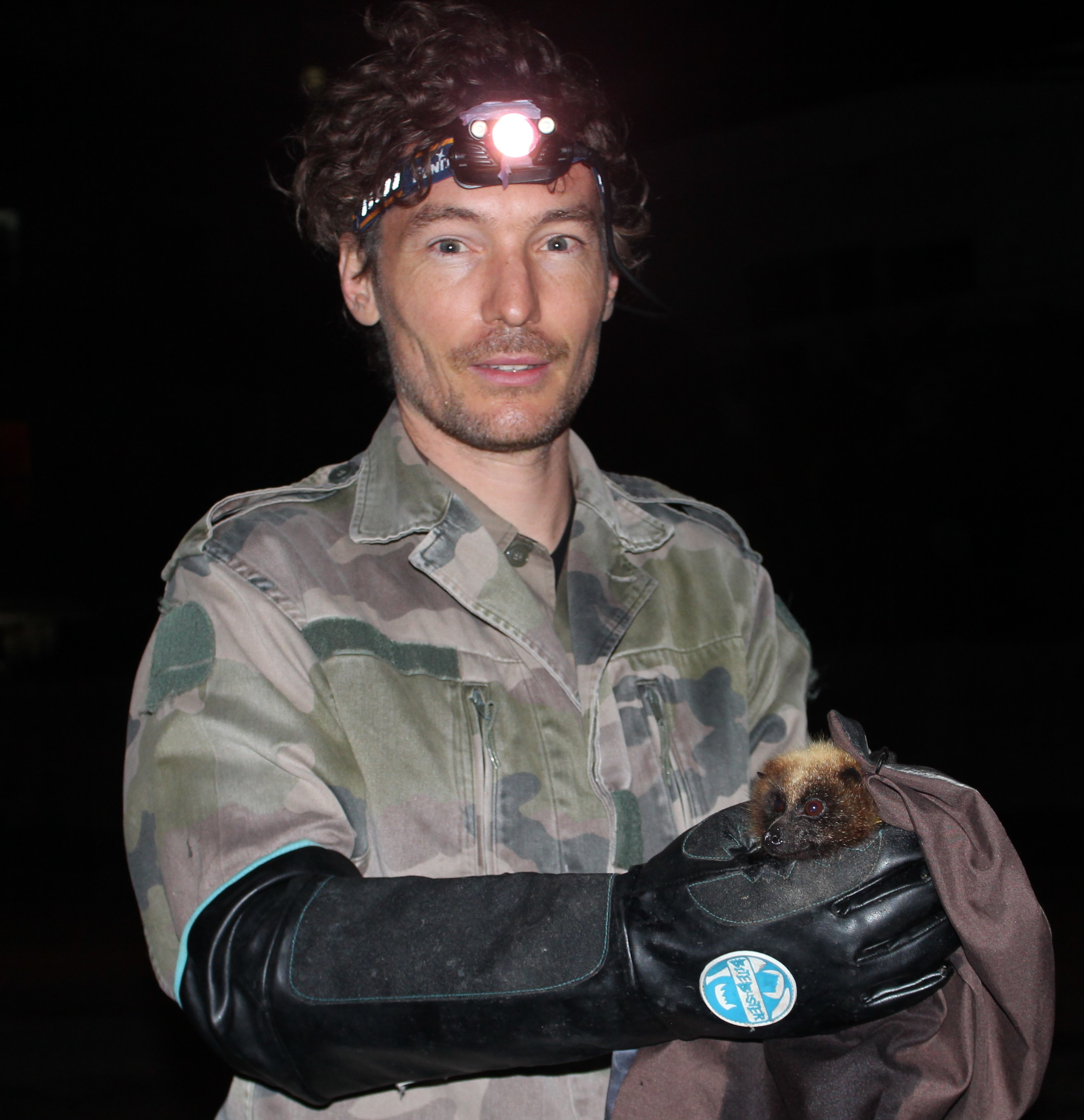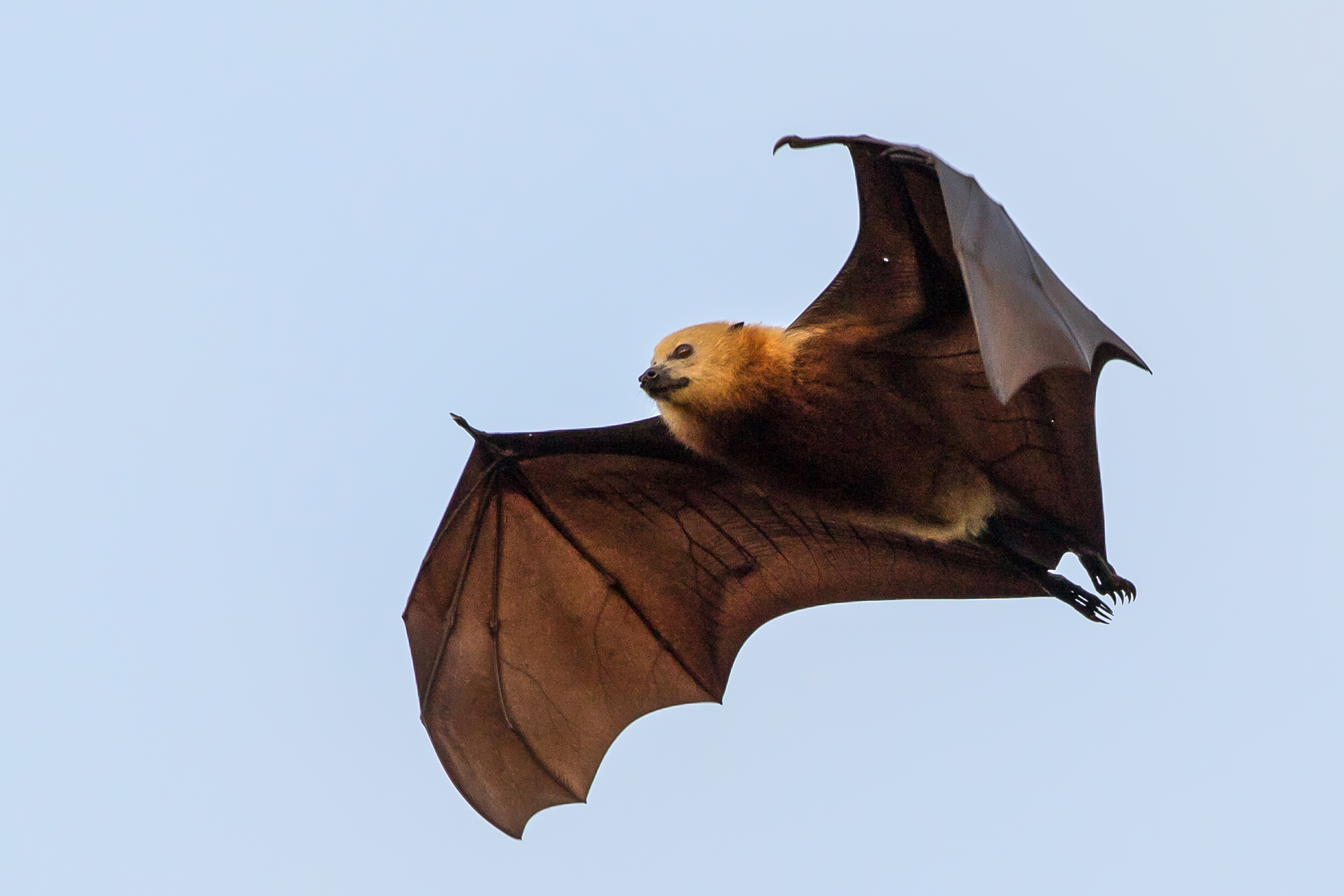Assembling a Global Action Plan to Conserve the World’s Most Threatened Bats
Project Gist
Reviewing the status of paleotropical fruit bats globally and providing research and conservation recommendations for each species.
Keywords
Biological Conservation, Biodiversity, Fruit bats, Islands, Guidelines
Joint Research/Academic Institutions Abroad
IUCN, Texas Tech University, University of Mauritius
Background and Purpose
Island fruit bats have become the most threatened bats worldwide and are crucial to ecosystem functioning and, in some regions, to the local economy. Yet, in the last three decades, no global initiative has emerged to assess their situation and ensure their survival. This project undertakes to correct this critical shortcoming. First, it aims at rapidly founding a global network of experts in the field of paleotropical bat conservation to monitor the situation throughout the world. Most importantly, we plan to draw a picture of the global situation of these bats and infer global trends. Interactions among experts shall lead to the writing of reference scientific reviews and ultimately to a full Action Plan compiling guidelines for the conservation of paleotropical fruit bat species both collectively and separately.
Project Achievements
This project has gathered some of the best specialists on fruit bat ecology and conservation worldwide. Interactions have resulted in the formation of a small group of experts to be formalized, and most importantly, under the leadership of Profs. Kingston, Florens and I, in the writing of two reference papers reviewing the state of paleotropical fruit bats, the threats they face, and what can be done to protect them collectively. This project has also led to the creation of spin-off initiatives in the fields of bat-virus research and aeroecology.
Future Prospects
In essence, the main goal towards which we will strive is to produce a full Action Plan backed by the IUCN and which could effectively orient future research and conservation initiatives.
Figure


Principal Investigator

VINCENOT Christian Ernest
Graduate School of Informatics
Christian E. VINCENOT is a computer scientist turned ecologist. Within the Biosphere Informatics Laboratory, he is leading interdisciplinary research in the fields of ecological informatics (with focus on computational modelling) on the one hand and biological conservation on the other. Bats have become his main target organism over recent years.
https://www.vincenot.biz/
https//www.batresearch.net/
